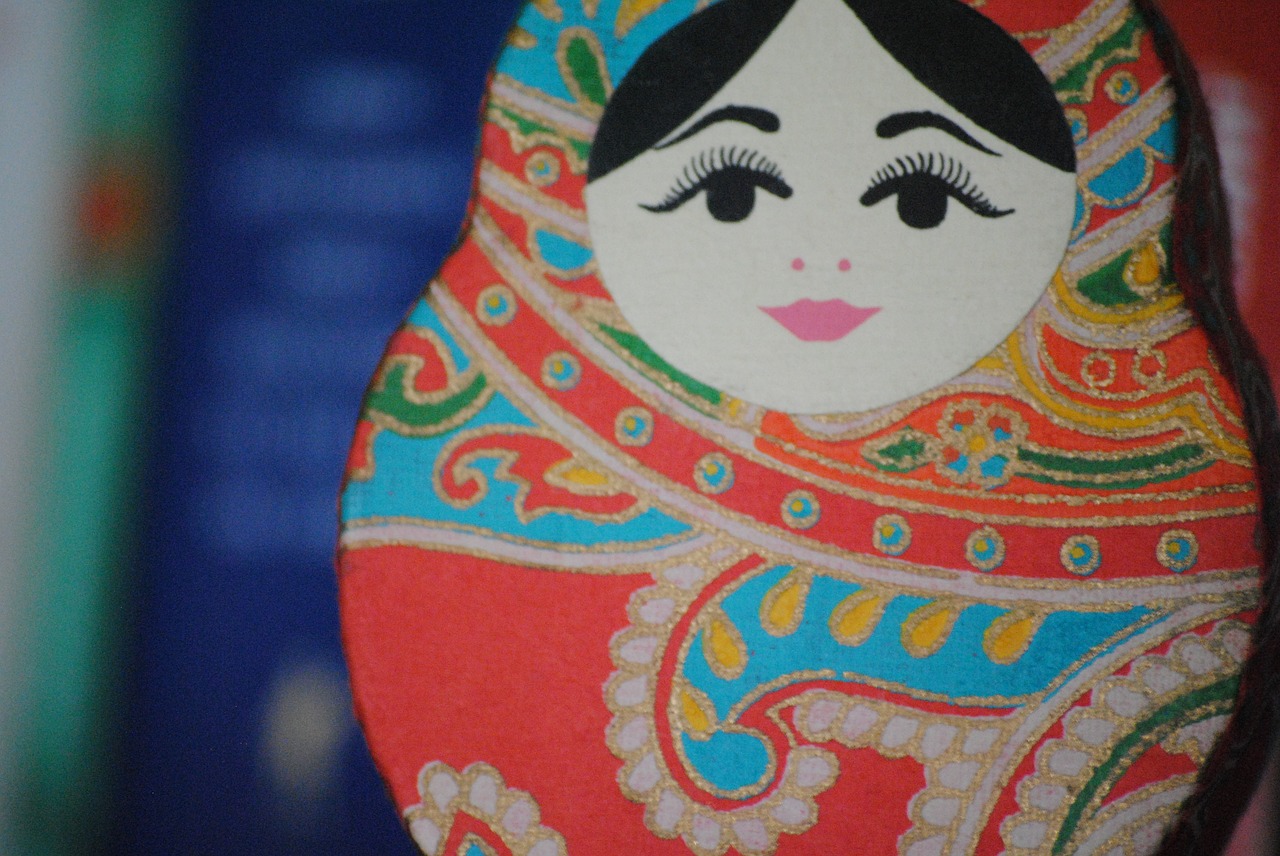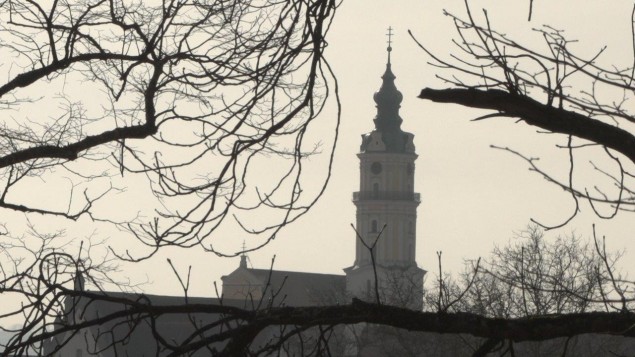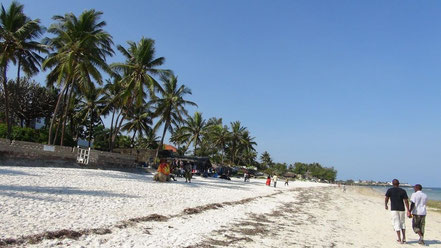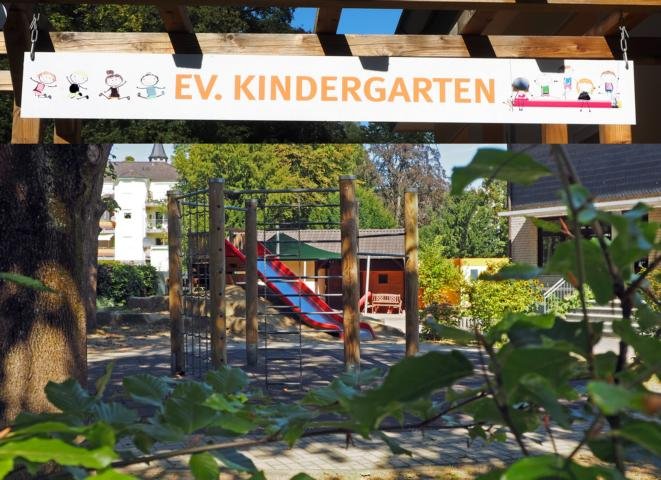My diary of our adoption, becoming a family and being a mother

Thanks to Pixabay
The day before yesterday, the Neue Zürcher Zeitung published a very interesting article for me about Russia’s reform and refurbishment of its children’s homes and the introduction of care for orphans to offset the ban on international adoption (at least with some countries). The article “Russia discovers its abandoned children” describes the excesses of the foster family system critically in part, but for me it primarily clears up the prejudices about Russian children’s homes. And he also places a growing, committed civil society, which does a lot to keep Russia’s children, who for whatever reason have become social orphans, at home and give them a future there, in the perspective of interest.
In my eyes, this confirms what I already knew when we adopted our children: for one nation, the the In the first place for the family and their children, international adoptions always had to be equivalent to a social declaration of bankruptcy. It is understandable that Russia hurt that this nation was unable to care for its many children. The Russians apparently resolved this dilemma in such a way that international adoptions could only take place because the children were made sicker on paper than they actually are. This was the only way to legitimize the transfer of children abroad before the national conscience. However, the Russian soul wished to be a large, healthy family and to be able to look after all of their children. I found it reassuring that developments are now emerging in Russia to provide better and more caring for their “abandoned” children.
I found the reference to the NZZ article on the blog of the PFAD federal association.

Thanks to unsplash.com
In the past few months Nadeschda has been concerned with what she wants to be when she grows up. At the moment, the desire to become a "veterinarian" is very popular. Because she would like to help when calves, foals or “baby pigs” are born. The desire to work suits somehow well, because Maxim still wants to be a farmer. This desire has been going on for a long time. So he thinks he can race all day on a tractor.
Mostly after Nadeschda’s thoughtful considerations, "Mom, I think I want to become a veterinarian." A thoughtful "But there you and your dad and you are, yes, already dead. Then you wait on the starry meadow for your babies again a few days ago she continued: "Mom, and if I am dead someday, then you were born again as babies. And then you will grow up again. And when I come back from the starry meadow as a baby, will you pick me up again at the children’s home? "
Whenever I hear or read about orphans, I feel deeply dismayed. I can’t defend myself against it. Even if these stories have no personal connection and are long in the past. This has kept me busy over the past few days. I have to share it to be able to continue writing from here:
Emperor Friedrich II wanted to find out the original language of mankind at the beginning of the 13th century. Therefore, he had some newborn children taken away from their mothers and cared for by nurses and nurses. They gave the children milk and took care of their physical hygiene. But they were not allowed to speak to the children. Emperor Friedrich wanted to find out which language these children would speak first, that of their parents, or the Hebrew language, which was then considered the oldest language, or the Greek or the Latin language. But the attempt failed. Because all the children died. Because no child can survive without linguistic attention and affection, without a resonance.
Of course, this may be extremely exciting from a theoretical perspective. It got me in primarily concerned. Because it reminds me of a piece from my children’s life story. They were in a children’s home for a while before fate brought them to us. As well as they were looked after there, there was still a lack of care and individual support and care. Everyday life in the children’s home simply does not give it, no matter how hard the teachers may be. My children survived that. Her fighting spirit and will to survive carried her through this time. Only in this way could they continue their path of life that led them to us. This strength touches me. It is part of my children. It belongs to them irretrievably. Because that saved their lives in a critical phase, when they were actually small and helpless. I should be aware of this strength, especially when I feel the negative effects of this fighting spirit again.

The day we picked up Maxim and Nadezhda in Russia had been a year since Richard and I chose the little-followed way to start a family with the adoption of a child from Russia. Years of treatment in one of the many fertility centers, many failed attempts at fertilization, two pregnancies and two miscarriages had been behind us. After the second miscarriage, it was clear to us that this was the wrong way for us. Fate wanted us to get the right impulse at the right time: We came across the idea of adopting a child more and more. It was good to learn that there are other ways of fulfilling our desire to have children. We felt autonomous and independent in shaping our future as a family. And adopting a child made sense to us, knowing that there are so many children in the world looking for caring parents and a home.
Our path to adoption abroad
Since we knew that our chances of adopting a child at home were poor, we quickly focused on adopting a child from abroad. Different factors led our country selection. We wanted a secure legal position for the procedure, since we could only answer to our conscience and our future child to adopt it legally. We wished for a timely adoption process, as we were no longer willing to accept a long, tough and uncertain waiting period of several years. We did not dare to do the adoption abroad on our own, but wanted to get help from an established placement agency. And finally, our child’s country of origin should be one with which we could build an emotional relationship ourselves in some form. Russia met all of these criteria for us. The adoption process was regulated and legally reliable, the waiting times of one to two years were realistic and sustainable. There was also a certified placement agency. The closeness of Russia to our culture and the common historical roots made it easier for us to deal with this country, its people, its history and its culture, and it filled us with tension and curiosity.
The first child proposal
The review process by the agency was quick and easy. Our social report was created half a year after our first interview. After four weeks we had all the documents we needed for the adoption process in Russia. After another six weeks the e-mail came: "We have a children’s suggestion for you." A week later Richard and I flew to Russia for the first time to get to know our child. We had no information about the child. We only knew that a one to three year old child was waiting for us in a children’s home in southern Russia. – Sergei was a lively, bright guy of almost three years. After visiting him three times in the children’s home, we were certain that fate would have led us to this child and would help us to love Sergei as our child and grow together with him as a family. We submitted the adoption application on site and waited for the court hearing. However, this should not happen. Two days before our departure for the judicial trip, the telephone call came from our agency, which destroyed all our wishes, plans and hopes. Sergey’s grandmother had decided at the last minute to take him in. Our process was stopped. Nevertheless, we should fly to Russia to meet a new child, a boy of about the same age as Sergei. We had an hour to choose.
We flew to Russia. At the airport in Moscow, we learned from our coordinator that one of three hundred adoptions meant that in the face of an irrevocable court decision, the relatives decided to adopt the child after all. And afterwards she added: We should be prepared for the fact that the Ministry of Education will propose a pair of siblings to us the next day. – The roller coaster ride continued. Of course Richard and I always wanted more than one child. But at some point we came to the point of realizing that a single child is more than a gift from God. Should we actually get the chance to adopt two children at once??
Maxim and Nadeschda – our children?
It was a day in April when we first met our children. At that point Maxim was two and a half years old, Nadezhda had just turned one year old. Your life was up to that day no been easy. Her social biography was sad and her medical diagnoses were sometimes serious but manageable. We were deeply impressed by each of the two children, who were each so unique in their own way. Already at the first meeting, a tender feeling of affection and parental care grew in us. From the first moment we were convinced that we would accept and love Maxim and Nadeschda, that we could become a family with them. Again we made the adoption application on site.
Everything went well this time. Three months later, after two days of trial, the judge pronounced the verdict: He agrees to the adoption of Maxim and Nadeschda and summarizes for both children: "Two new children are born: Maxim Conrad Weiss, born on November 1, 20XX in Krasnodar and Nadeschda Renate Weiss, born on February 10, 20XX in Krasnodar. Richard and Charlotte Weiss are registered as parents. ”We were not yet allowed to take Maxim and Nadeschda home. In Russia there was a ten day objection period. Only then were we allowed to pick them up from the children’s home. It was time for us to prepare for the arrival of our children. I did my job, took parental leave, set up the children’s room for two children, bought the complete clothing for one almost three years old and one year old, in addition to baby food, diapers, baby bath, children’s nail scissors and milk bottles. We only ordered the child seats for the car from the hotel in Russia when after a week – this time for the last time for the longest time – we flew back to the south of Russia.

After the adoption of our two children from Russia, I wrote down my experiences from the first year as an adoptive family. As a narrative non-fiction book, "Becoming a different mother" describes the special everyday life, the different challenges, changes and strokes of fate as well as the reactions of the social environment in the first year of a newly adopted adoptive family.
RELATED ITEMS
-

Experience with a children’s home for difficult to educate children, yahoo clever
My partner’s son has been living in a children’s home since 09/2007. Strange measures have been taken there and the boy is getting more and more from…
-

Abuses in the children’s home – painful reminders in donauwörth (archive)
By Judith Zacher Beats, humiliations, sexual abuse – atrocities that occurred in the former Donauwörther children’s home at Heilig Kreuz an der…
-

Children’s home – mylabadi – internship in Africa
Place Athi River, Nairobi, Kenya Teaching and observing in primary school all subjects possible, depending on the possibility and after consultation of…
-

Kindergarten – evangelical church eitorf
Introducing the Eitorf Evangelical Kindergarten The Kindergarten Team Standing from left: Jessica Martens (group leader, yellow group), Svenja…
